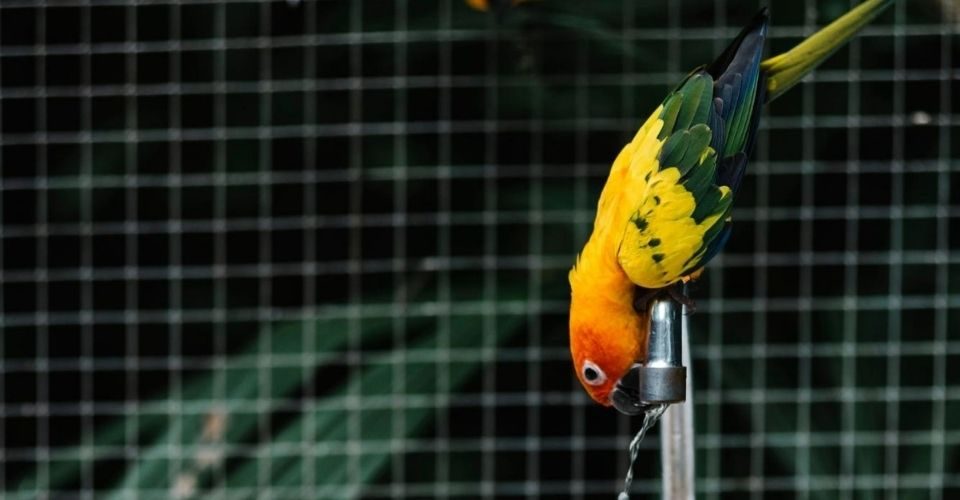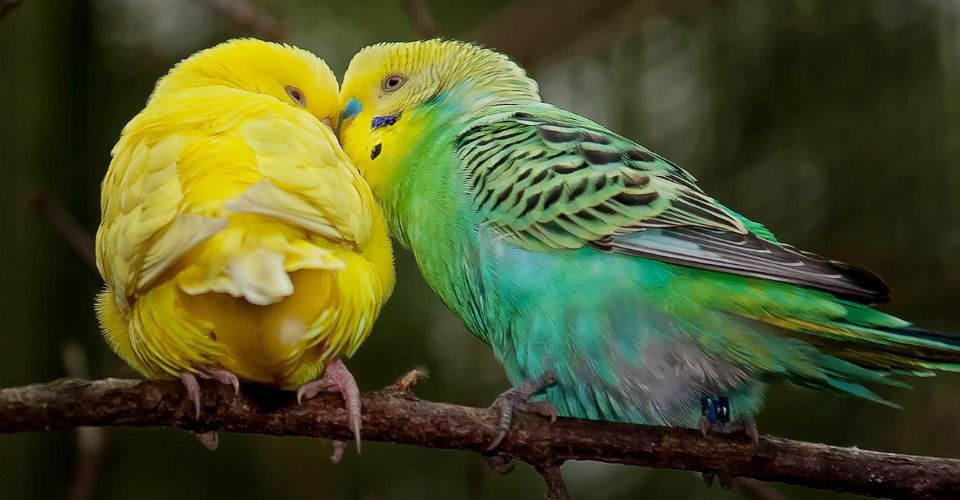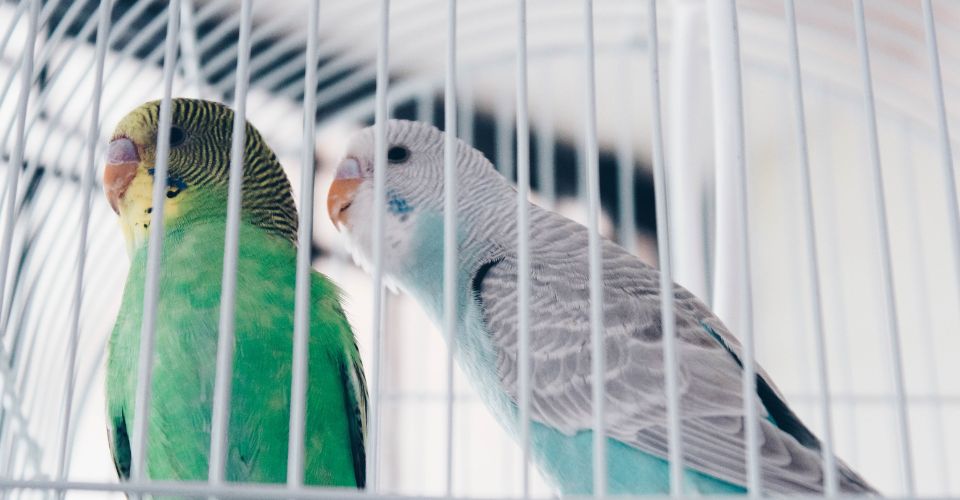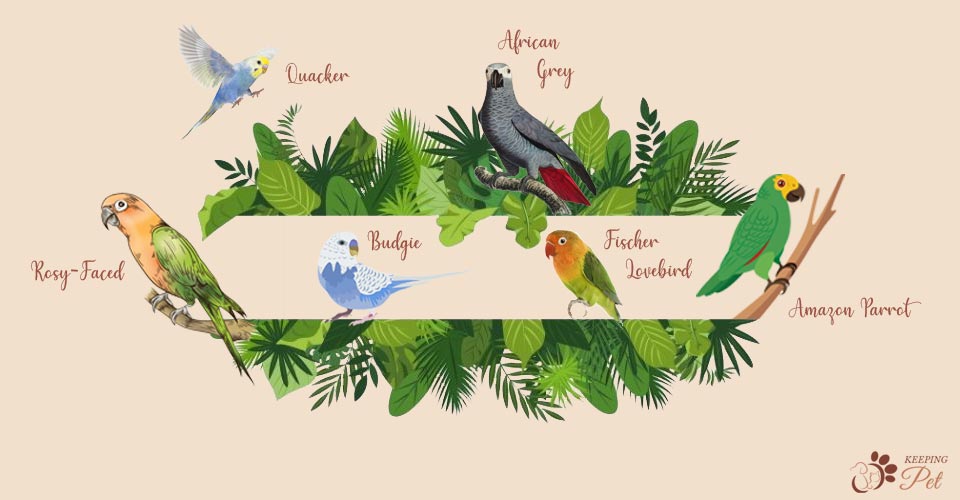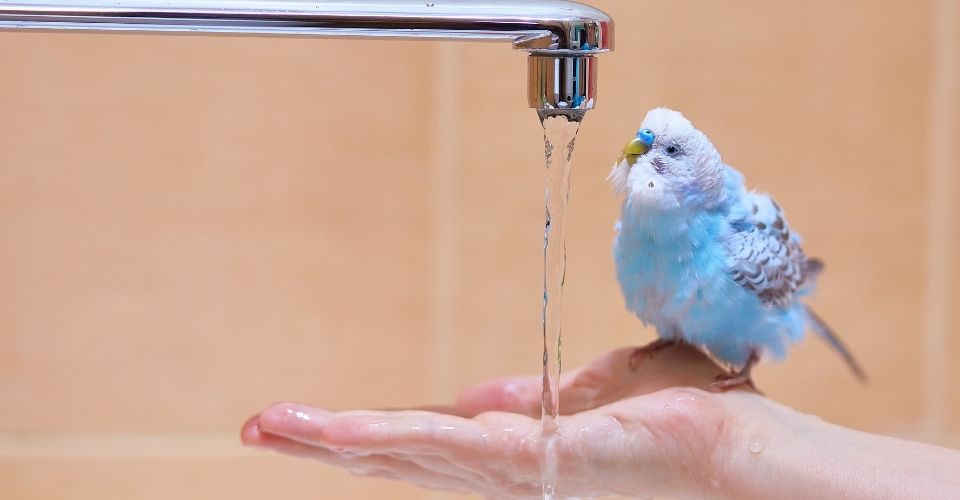Life is incomplete without the presence of birds. Parakeets are one of the most adored birds worldwide, and if you have one, you are a lucky fellow. But at the same time, you need to take more care of your birdie than other pets, especially when it comes to its food and water intake.
Water is an essential need of every living being, and parakeets are no exception to this. So, how long can parakeets go without water? An average parakeet can go without water for 24 hours. However, if they exceed 24 hours, they will start to face health issues due to dehydration because these birdies are so small and active with a very fast-paced metabolism—they cannot store water inside their bodies.
Keep reading to get a better understanding of your parakeets and their water intake.
How Much Water Do Parakeets Need?
The exact amount of the parakeet’s water intake is not certain. It tends to drink less water than other birds. Your budgie might drink very tiny sips only 2 – 3 times, constituting only 1 – 2 teaspoons a day. A parakeet’s drinking habits depend on lifestyle and environmental factors such as temperature, air humidity, type of food, and how active it is.
Typically, a parakeet drinks about a tablespoon of water in a day, or about 10% of its body weight. That said, budgies must have access to fresh water all the time.
Since the daily water intake of your feathered friend cannot be specified, the ideal way is to keep fresh water in the cage all the time to prevent dehydration in your bird. Additionally, you can have a water dispenser inside the cage and keep it full.
Hamiledyi Parakeet Water Dispenser

|
Because parakeets are bath lovers, you should keep a separate bowl of water to let your birdie bathe peacefully without creating a mess in the cage. Bathing is also very important for a parakeet’s health.
Why Do Parakeets Drink Such a Small Amount of Water?
It may sound alarming to parakeet owners that parakeets drink a very small amount of water, and they might be worried about how long parakeets can go without water? But it becomes clear when you look into the parakeet’s anatomy that they are fine with just a few sips of water in a day.
Parakeets are petite birds—they weigh about an ounce or an ounce and a half when grown up. Being as light as feathers, a teaspoon a day is enough for such tiny creatures.
Furthermore, parakeets do not have sweat glands. Therefore they lose water only through respiration and excretion. Parakeets lose less water than other mammals. Keep in mind that the consumption of water depends on the weather and physical activities of your birdie.
How long can parakeets go without water?
Parakeets drink very little water (about a tablespoon a day), but this does not mean they can live without water. Usually, parakeets can go about a day without water, but after that, they will start showing signs of dehydration. If the parakeet is healthy and it’s not too hot, you can expect the budgie to survive up to two days without water.
So, if your budgie is not drinking water, you will have to intervene to make sure that it stays hydrated.
How To Keep Your Parakeet Hydrated?
You have perhaps noticed that your parakeet drinks very less water, but water intake is still very important for them. Given below is how you can keep your feathery buddy hydrated.
Keep the Water Bowl Clean
Parakeets are choosy birds when it comes to drinking water. The water in your birdie’s cage might become dirty very easily if seeds, feathers, or droppings fall into it.
You must provide fresh and clean water to your birdie and wash the bowl regularly.
Keep the Water Fresh
If the water is stale, your sensitive parakeet won’t drink it. You must change the water frequently during the day to let them drink it. Otherwise, the bird will become dehydrated.
|Read: Can Parakeets Eat Watermelon
Give Him Flavored Beverages
If your parakeet is dehydrated and is not willing to drink water, try mixing a spoon of honey in water or orange juice diluted in water to give them some flavor. Ensure that you are not giving a lot of sugar and give these tasty treats once a week.
Fresh Fruits and Veggies
Fresh fruits and veggies are full of nutrients. For instance, fresh items have high water content and vitamins to keep your birdie hydrated.
Birdbaths
A bath or quick water mist on your buddy will keep it hydrated and regulate the body temperature.
You can also keep a bowl of water in the cage to bathe all day long whenever they feel like it.
Why Your Parakeet Might Drink Too Much Water?
Even though parakeets require very little water, you may sometimes see your parakeet drinking too much water. There is no need to worry about it as they might be more thirsty than usual, just like humans. Some of the reasons for excessive drinking in parakeets are given below:
- You might have changed your birdie’s diet, and it is facing difficulty adjusting to new food.
- You might be giving your parakeet salty food. It is natural for birds to drink more water if they are taking salty food.
- If the weather gets warm, you will see your bird drinking more water. If your bird’s cage is in an area where there is direct sunlight, you must relocate it somewhere with less sunlight.
- If your birdie is feeding newly hatched babies, it will exert more energy and drink more water.
- They may be suffering from health issues like diarrhea, wheezing, excessive peeing, or droopy feathers.
Conclusion: How Long Can Parakeets Go Without Water?
Parakeets can go for about 24 hours without drinking water. But you should encourage your budgie to drink more often because a hydrated parakeet is a healthy parakeet.
Now that you have read about how long can parakeets go without water, you may want to learn about How Long Can Parakeets Go Without Food?
Read: What Do Parakeets Eat?

